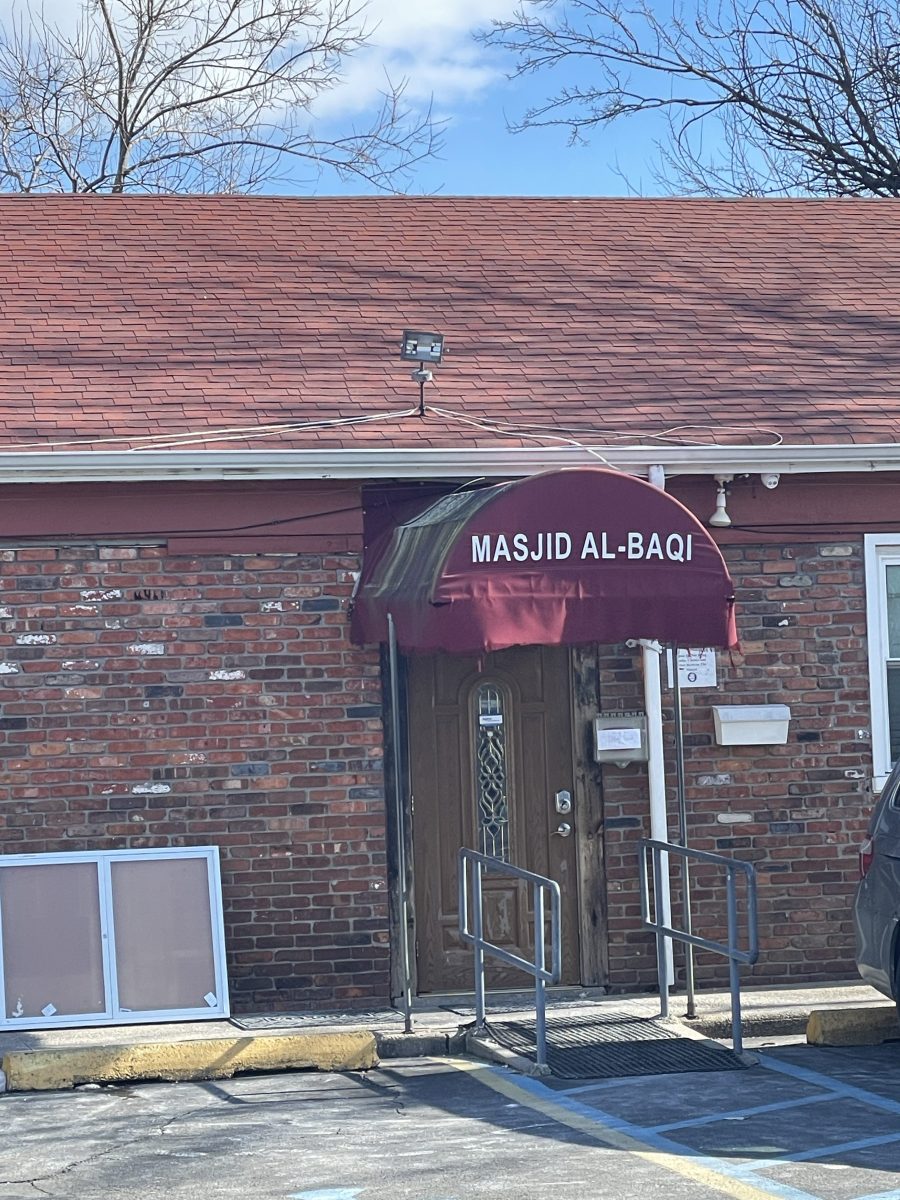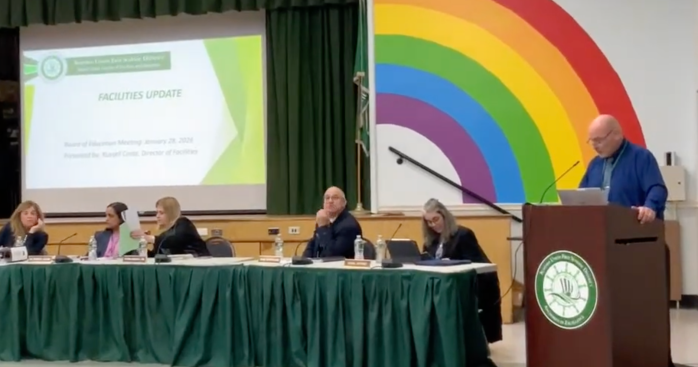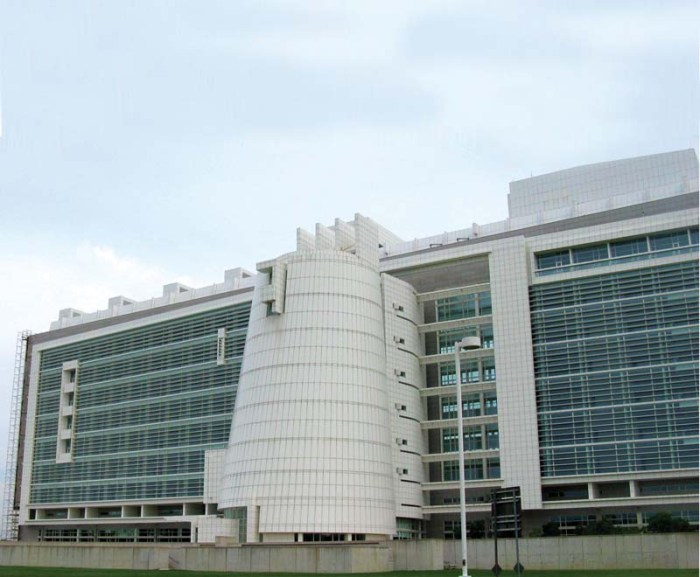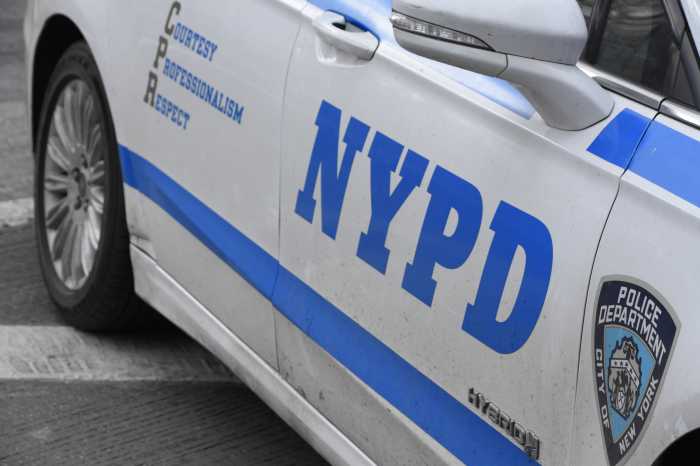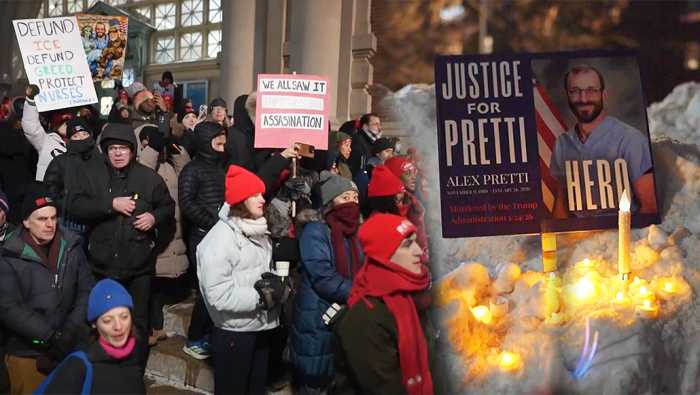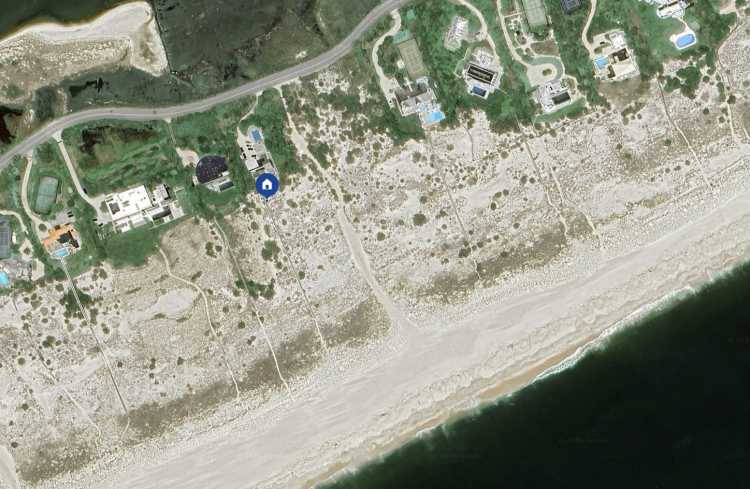The Oyster Bay Town board has decided to back out of a previously agreed-upon settlement with the Muslims on Long Island, which would have approved the expansion plan for the Masjid Al-Baqi mosque in Bethpage and paid $3.95 million to the Muslims on Long Island.
“Upon further analysis and legal guidance, the Town Board has chosen to defend its zoning authority and withdraw from the proposed settlement agreement,” Oyster Bay Town Attorney Frank Scalera said.
Muhammad Faridi, the lead counsel for Muslims on Long Island, slammed the town after the failed agreement.
“The town signed an agreement that was filed in federal court, and then—under pressure from bigoted voices—refused even to bring it to a vote,” he said. “The law does not permit elected officials to cave to prejudice, and neither will this court.”
The Muslims on Long Island filed suit against the Town of Oyster Bay in January for rejecting its application to expand the mosque. The group cited the Religious Land Use and Institutionalized Persons Act, the First and 14th Amendment to the U.S. Constitution, the New York State Constitution and Article 78 of the New York Civil Practice Law and Rules.
The Muslims on Long Island were seeking to replace two one-story buildings on their property with one, larger mosque. They said the town had blocked the expansion by presenting multiple legal issues, including a change in town law in 2022 that expanded the number of parking spots required for places of worship.
The change increased the number of parking spots required by the mosque from 86 to 155. According to the lawsuit, the initial proposal called for 88 spaces.
The two sides had reached a settlement agreement on Aug. 19, and the town had 10 days to approve the decision.
Scalera said the case between the town and the religious organization centers on traffic safety and parking rather than religion.
“The facts are clear: high accident rates at the intersection are concerning, and more than 4,775 red light violations are issued here annually,” he said. “The Town Board will not compromise when it comes to protecting everyone in the public nor will they accept development plans that fail to adequately address these serious concerns.”
The two Bethpage residents listed as plaintiffs in the case said they were upset by the town’s decision.
“All we want is the chance to worship in peace, like every other faith community in this country,” Bethpage congregant Imran Makda said. “We believed the town when it signed the settlement, and we are devastated that the town leaders gave in to hate instead of honoring their word.”
“The Town’s refusal to keep its promise is painful, but it only strengthens our resolve to see this through at trial,” Moeen Qureshi said.
As part of the settlement agreement, the town had also planned to update its code to address and resolve claims regarding Local Law No. 6, while the Muslims on Long Island had agreed to certain provisions designed to mitigate the town’s asserted traffic and safety concerns.
Town spokesman Brian Nevin had previously stated that the town’s ruling was based on “legitimate concerns raised by both the Nassau County Planning Commission and the Planning Advisory Board itself.”
But Muslims on Long Island contended that it had fought against the town’s decision as well as what its lawyers have called false evidence.
“From the outset, this case has been about ensuring that the Muslim community in Bethpage is afforded the same rights as every other faith community to establish a house of worship,” Faridi previously said in a statement. “While we have seen various claims about traffic and parking raised during this process, the evidence developed in litigation has shown those concerns were either false or significantly overstated.”
One piece of evidence that lawyers for Muslims on Long Island had referenced is a testimony from a “grandmother,” which they contend does not exist, and that it was included to strengthen the defense.
Nevin had said the deposition of Scott Byrne, the town’s deputy commissioner of planning and development, provided the grandmother’s identity as Nassau County Legislator Rose Walker, who represents Bethpage, and confirmed the grandmother’s statement.
The lawyers also referenced the town’s change in laws, saying they target places of worship of certain religions, as well as at least one witness using what they call a “cheat sheet” to answer questions during the deposition.
Scalera previously said Muslims on Long Island had attempted to “distort a matter of land use and safety into a fabricated narrative of untrue religious discrimination” and called it “disgraceful.”
The town’s denial of the mosque’s plan came years after it halted construction of the Guru Gobind Sikh Center on Old Country Road in Plainview for five years over parking concerns.
Court filings also suggest two other expansions by places of worship were denied by the town in the past.
More recently, in January, a judge sided with the Hillside Islamic Center in New Hyde Park against the Town of North Hempstead regarding its expansion plan.
The U.S. Department of Justice openly supported the mosque’s claim that the town violated its rights in April.
The two sides are expected to meet in court on Oct. 27.




